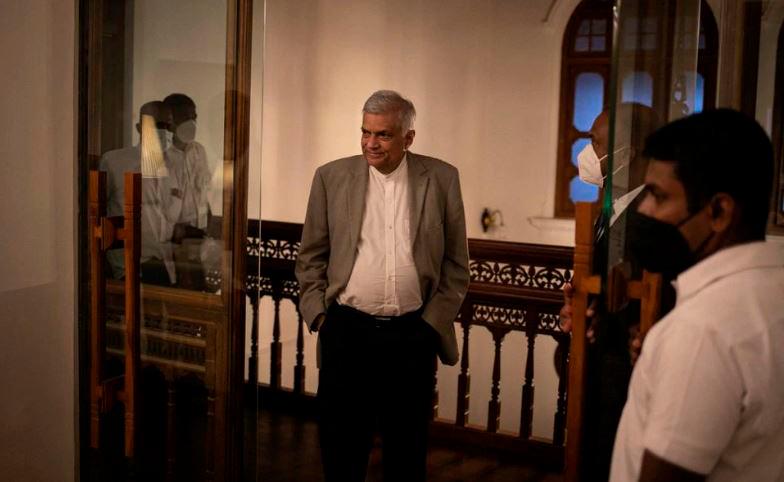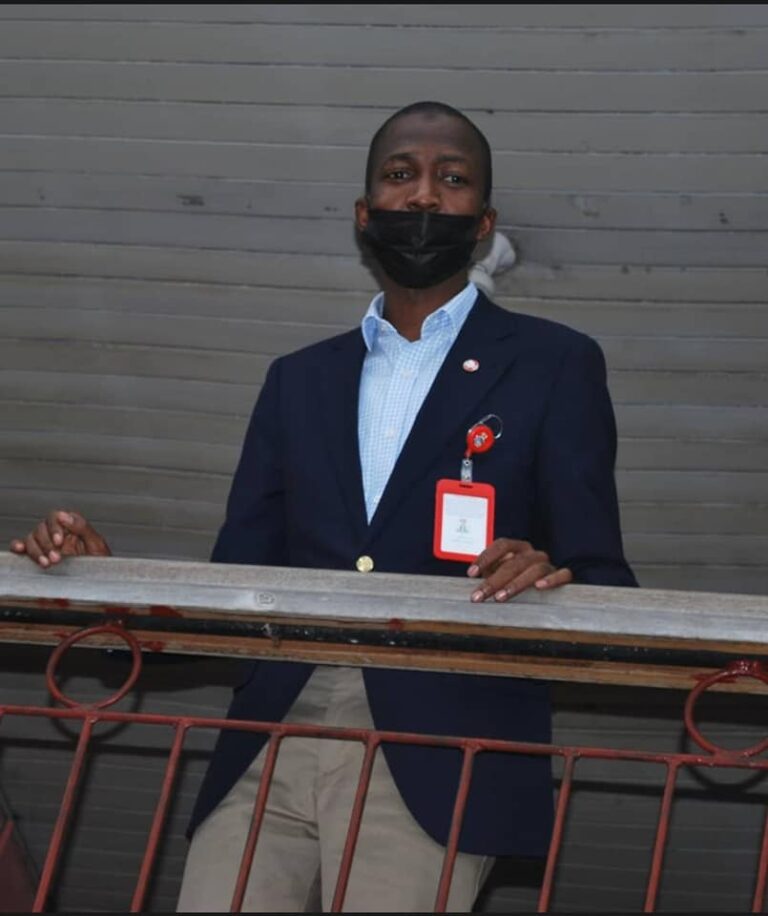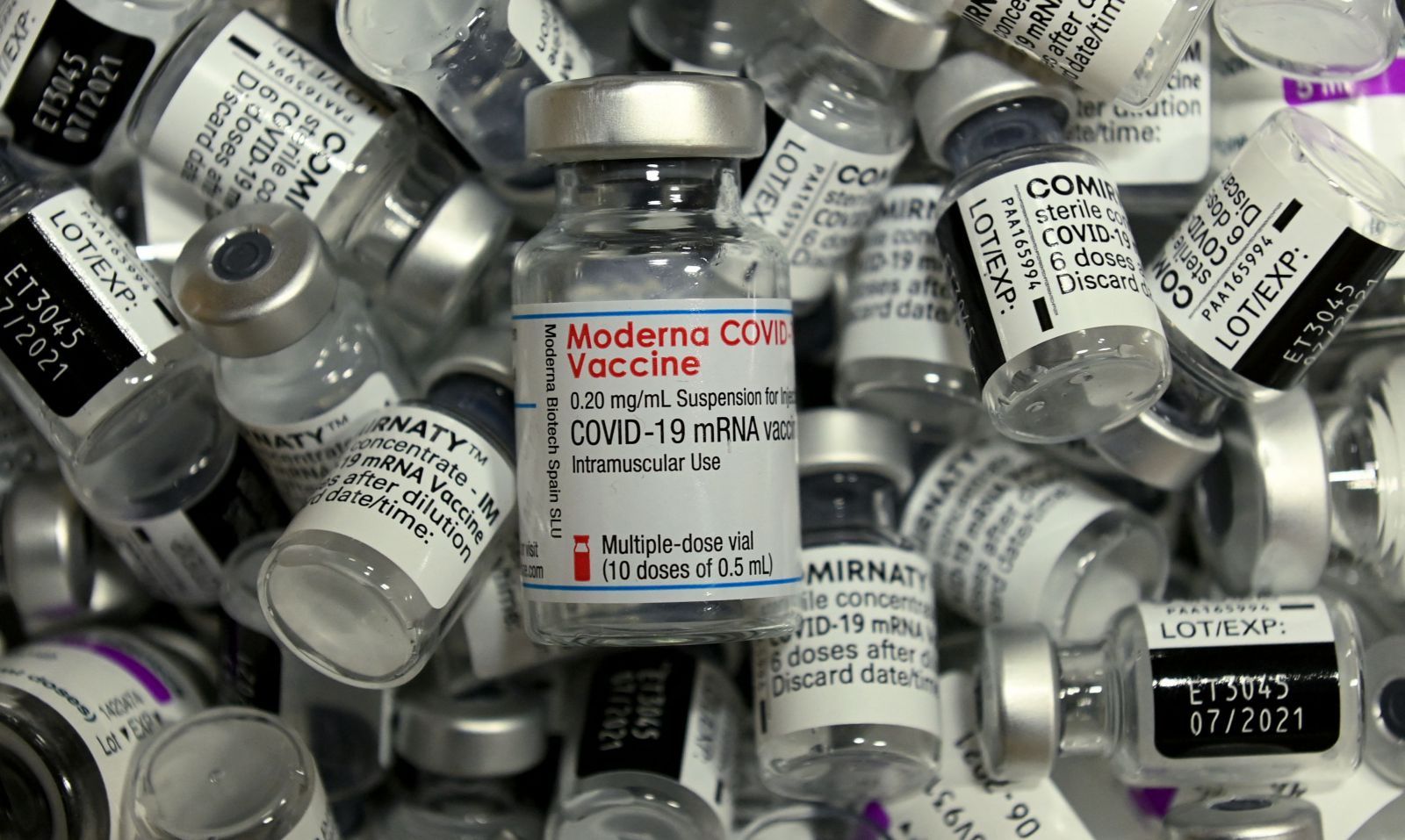New Sri Lankan President Ranil Wickremesinghe’s election on Wednesday
More cunning than the ‘old fox’: Sri Lanka’s new president
Wickremesinghe, a six-time former prime minister, was backed by the Sri Lanka Podujana Peramuna (SLPP) party of ousted leader Gotabaya Rajapaksa, who fled abroad and then resigned last week after protesters overran his palace.
The pro-Western Wickremesinghe has sought the top position for decades.
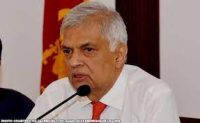
A few families have long played outsized political roles in the Indian Ocean island nation, and Wickremesinghe’s uncle Junius Jayewardene was one of its longest-serving leaders — in power for 12 years until stepping down in 1989.
Dubbed the “old fox”, Jayewardene was renowned for his cunning, but his nephew is regarded as an even shrewder navigator of the country’s internecine power networks. It was Jayewardene who brought him into politics by making him a deputy foreign affairs minister in 1977. Commentators joked the initials of their United National Party (UNP) actually stood for Uncle and Nephew.
Family members say that Jayewardene, who died in 1996, had wanted to ensure that Wickremesinghe becomes president “even for one day”.
Gotabaya appointed Wickremesinghe, 73, as prime minister in May, after the leader’s elder brother Mahinda resigned in the face of widespread protests against the rule of the Rajapaksas, who have dominated Sri Lankan politics for much of the last two decades.
Wickremesinghe ran for the presidency twice before — in 1999 and 2005 — losing both elections, and the UNP was annihilated in a parliamentary election in 2020, leaving the silver-haired veteran as its only MP.
His political manoeuvring, however, has seen him outfox opponents to ascend to the presidency.
But he will now have to address the country’s worst economic crisis, and while he was backed by the SLPP, the demonstrators who ousted Rajapaksa have also been demanding his departure — accusing him of protecting the ex-president’s family’s interests. Analysts say he will crack down hard if protesters take to the streets against him.
Burning books
Wickremesinghe is married to Maithree, an English lecturer. They do not have children and have bequeathed their assets to his old school and their universities.
But their impressive library of more than 2,500 books — which he called his “biggest treasure” — was among the losses when their house was torched by demonstrators who also drove Rajapaksa from his official residence.
Born into a wealthy and politically connected family rooted in publishing and plantations, Wickremesinghe started work as a rookie reporter at one of the family newspapers. He turned to a legal career after the family firm was nationalised in 1973 by Sirima Bandaranaike, the world’s first woman prime minister.
“If Lake House had not been taken over, I would have become a journalist. So actually, Mrs Bandaranaike sent me to politics,” Wickremesinghe once told AFP.
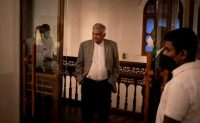
His first appointment as prime minister was as a result of the May 1993 assassination of president Ranasinghe Premadasa by a suicide bomber.
The then-premier Dingiri Banda Wijetunga was elevated to the presidency, and picked Wickremesinghe — then Industry, Science and Technology minister — to replace him.
A similar attack arguably denied him the presidency six years later: his main election rival Chandrika Kumaratunga was wounded by a suicide bomber just three days before the polls.
She brought the nation to tears in a television appearance with a patch over the right eye she had lost and received a significant sympathy vote, with Wickremesinghe losing an election many thought he would win.
In another turn of the political wheel, Premadasa’s son Sajith is now the leader of the opposition and backed Wickremesinghe’s main rival for the presidency, Dullas Alahapperuma.
Banking scandal
Wickremesinghe long had a relatively clean image in Sri Lanka’s often corrupt politics, but it was muddied during his last-but-one prime ministerial term in 2015-19, when his administration was rocked by an insider trading scam involving central bank bonds.
His schoolmate and choice as central bank chief was a key accused, raising allegations of cronyism.
Wickremesinghe has also been accused of protecting members of the Rajapaksa clan who have been accused of graft, kickbacks, siphoning off public finances and murder.
As acting president, he took charge of a bankrupt nation that has defaulted on its $51-billion foreign debt and lacks the money to import essential goods.
His status as a pro-Western, free-market reformist could smooth bailout negotiations with the International Monetary Fund and foreign creditors, but he has already warned there will be no quick fix to the nation’s unprecedented economic woes.
“The worst is yet to come. We have very high inflation now and hyperinflation is on its way,” Wickremesinghe told parliament earlier this month. “We are bankrupt.”
AFP
